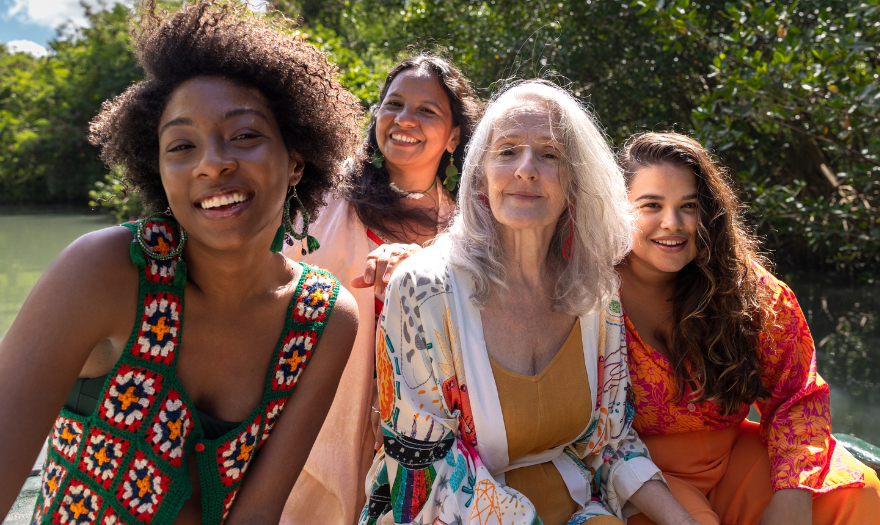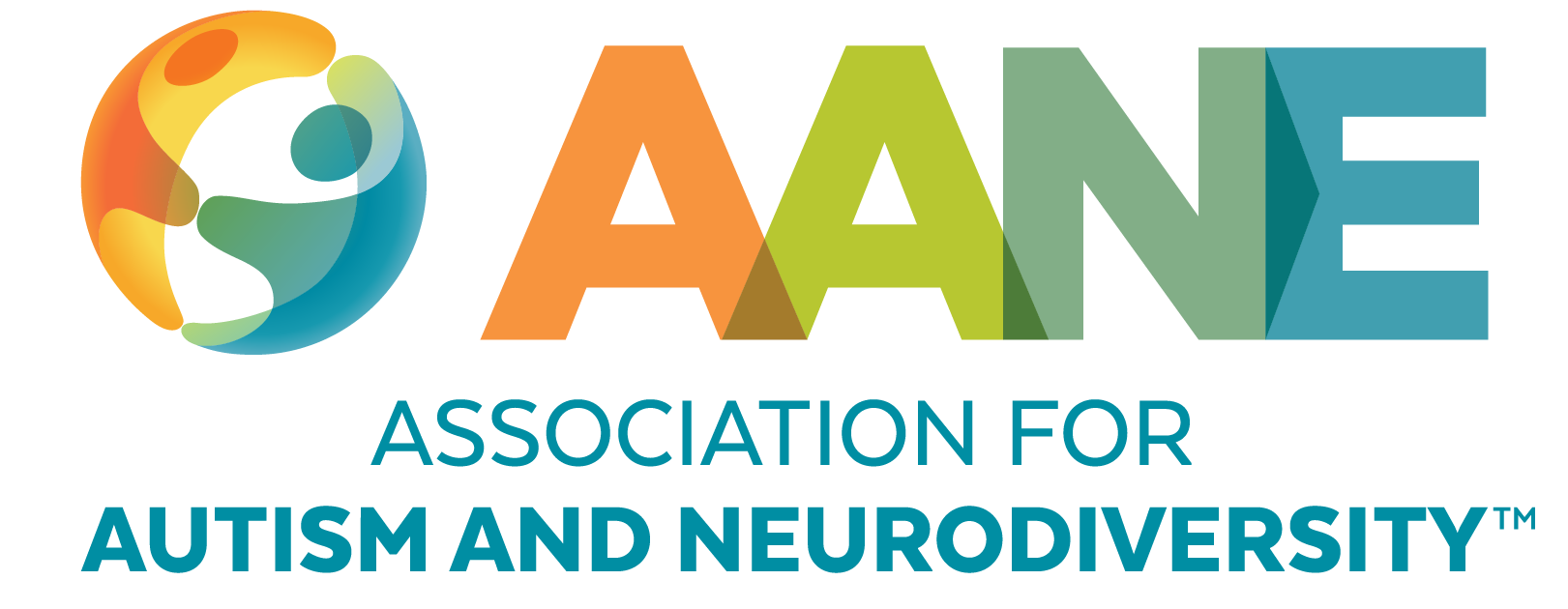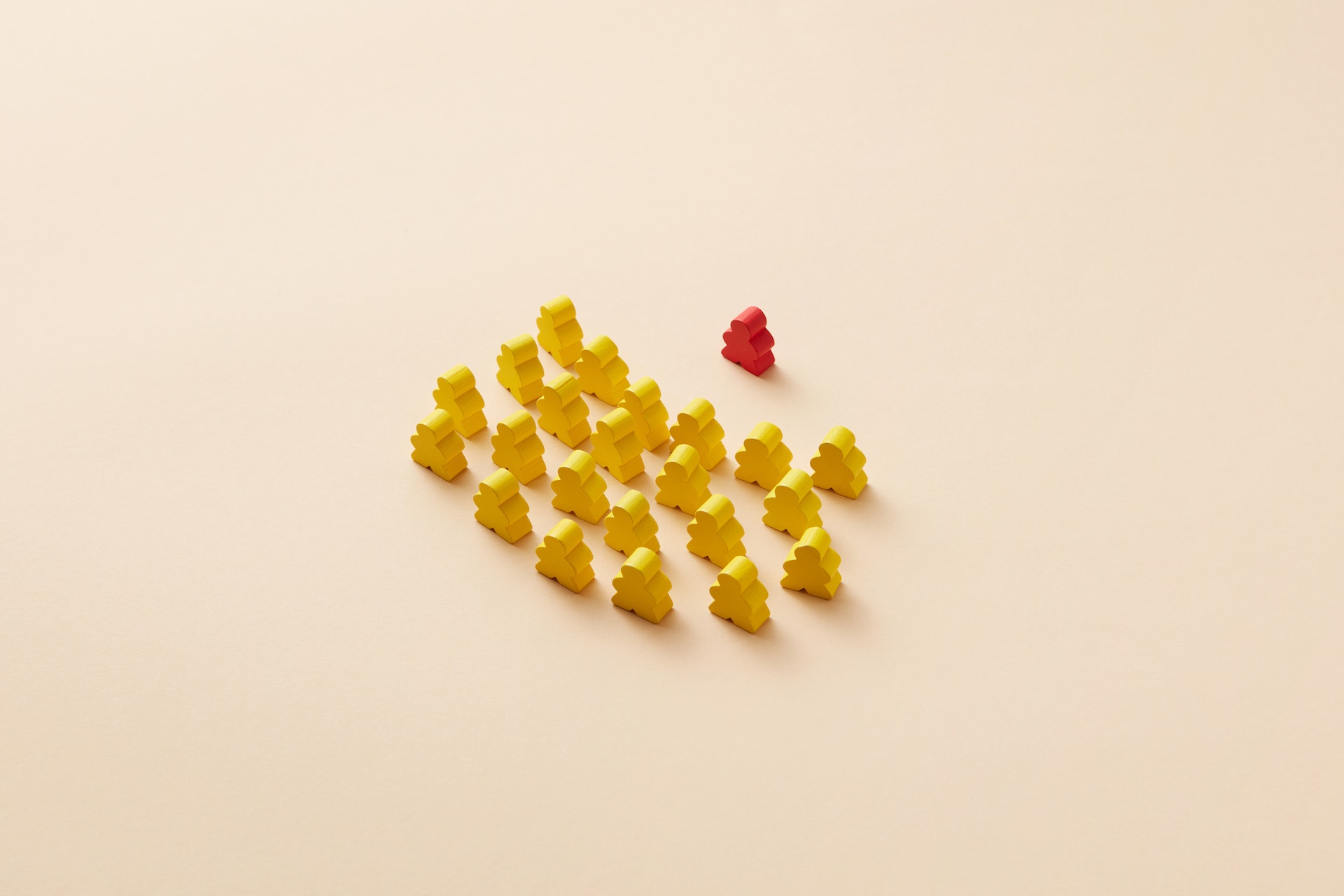
Autism in Women and Girls

AANE has long understood that Autistic women and girls are less likely to be diagnosed accurately. Throughout our more than 25-year history, we have championed the need for more awareness and identification of autism (and what was previously termed Asperger Syndrome) in women and girls. We were among the first to describe the traits shared by these women, often absent from diagnostic criteria, and to hold conferences, webinars, and workshops with this focus.
But in recent years, we have recognized that it is not simply “women and girls” who are missed, but anyone who does not fit into a rigid description of autism that was developed by observing a narrow and non-representative sample of individuals. The influence of age, race, ethnicity, gender, background, and culture meant that many women, girls, trans, those who are non-binary and gender diverse, individuals of color, and others who did not present in a specific way were missed or misdiagnosed.
Leading Autistic researcher Dena Gassner has identified that many professionals have been trained to recognize autism spectrum expressions with externalized features rather than internalized experiences. While many professionals and advocates are working hard to change this reality, there is still a long way to go in ensuring that all Autistic women and those previously unidentified receive the visibility, understanding, and support they deserve.
The Autism Experience
While every individual’s expression of autism is unique, you or someone you know who is Autistic may be wondering, “What are the common experiences of Autistic individuals?” Consider whether you or your loved one resonate with any of the following experiences, challenges, and coping habits, which are often associated with a more internalized experience of autism:
- noticing interests veer away from those of peers; a preference for having only one or two friends, or seeking out solitude, having an appreciation of and focus on specific interests
- demonstrating an aversion to what is popular, what society defines as “fashionable;” sensitivity to textures, and a preference to wear comfortable, practical clothing
- expending energy to “camouflage” or “mask” social confusion and/or anxiety through strategic imitation, by escaping into nature or fantasy, or by staying on the periphery of social activity; masking may result in showing different personality sides in different settings
- experiencing exhaustion from the work of deciphering social rules and/or social matching others to hide differences
- releasing bottled-up stress and emotions from masking and navigating a world set up for neurotypical individuals when at home, or in a safe space; experiencing periods of exhaustion, dysregulation, and seeking deep rest to replenish depleted energy
Specific Interests
Autistic individuals of any gender identity often have deep interests. From arts and literature to science and technology, there are no limits to the variety and depth of interests or expertise Autistic people have. Individuals may discover that their interests change throughout the course of their lifetime and new interests develop.
Stigma
In many places, women are still often expected to place particular value on following neurotypical social norms. Consequently, Autistic women may feel stigmatized in ways that are different from those of other genders. The gap between societal expectations and personal interests can be greater in Autistic women than in Autistic men because societal expectations for a strong social identity traditionally can be higher for women. Autistic women may also have more difficulty in forming friendships because relationships between women are frequently based on nuanced emotional and social exchanges. Regardless of gender identity, Autistic individuals are likely to have experienced a history of bullying. No matter how subtle or overt, exclusion and bullying can be profoundly traumatizing and affect the self-confidence and sense of security of the target individuals.
Related Mental Health Concerns
73-81% of Autistic adults are also navigating a mental health diagnosis, and may be at greater risk of experiencing ARFID, anorexia, OCD, PTSD, depression and anxiety. Autistic women and girls are no exception, and they can experience co-occurring mental health conditions as early as adolescence. Dr. Shana Nichols, author of Girls Growing Up on the Autism Spectrum, wrote “Females with ASD often develop ‘coping mechanisms’ that can cover up the intrinsic difficulties they experience. They may mimic their peers, watch from the sidelines, use their intellect to figure out the best ways to remain undetected, and they will study, practice, and learn appropriate approaches to social situations. Sounds easy enough, but in fact these strategies take a lot of work and can more often than not lead to exhaustion, withdrawal, anxiety, selective mutism, and depression.”
While co-occurrence can factor into the picture, some women and others who have a more internalized experience of autism are misdiagnosed with personality disorders: Borderline Personality Disorder, Avoidant Personality Disorder, Schizoaffective disorder, for example. It is important to recognize that these diagnoses can sometimes obscure the strengths and struggles of Autistic women and other individuals.
Safety Concerns
Autistic individuals regardless of gender identity may be at risk for abuse. In addition to differences in social awareness associated with autism, many Autistic individuals have had their needs and self-advocacy deeply and repeatedly invalidated. This disempowering approach may impact future self-advocacy and speaking out when something feels wrong. One study found the prevalence of sexual abuse for Autistic children was over two times higher than those in the general population. Autistic individuals of any gender should work with family, friends, therapists, and coaches to develop clear sets of rules for safety. To explore this topic in greater detail, we recommend Liane Holliday Willey’s book, Safety Skills.
Sexuality
Autistic women and girls may perceive their sexuality in varied ways. Due to the numerous taboos around discussion of sexuality in general, Autistic women rarely have forums for explicit conversation about this topic. Sensory sensitivities can be particularly important for neurodiverse partners to understand and discuss.
Parenthood
Autistic women and others who have a more internalized experience of autism may have unique experiences if they choose to become a parent. One Autistic woman stated that she has more vivid memories of her childhood than her peers and consequently is better able to relate with her child. Others, however, might need support with the many executive functioning tasks and sensory processing demands required of a parent. In addition, some may find it challenging to manage the social demands associated with setting up social interactions for their children. Seeking support from trusted family, friends, and professionals can help.
No matter your gender identity, AANE has resources, support groups and services for you. In addition to programming for all Autistic adults, AANE has specific support groups for women, other gender identities, as well as men. Contact AANE for more information.
Stay Current
Subscribe for AANE weekly emails, monthly news, updates, and more!




